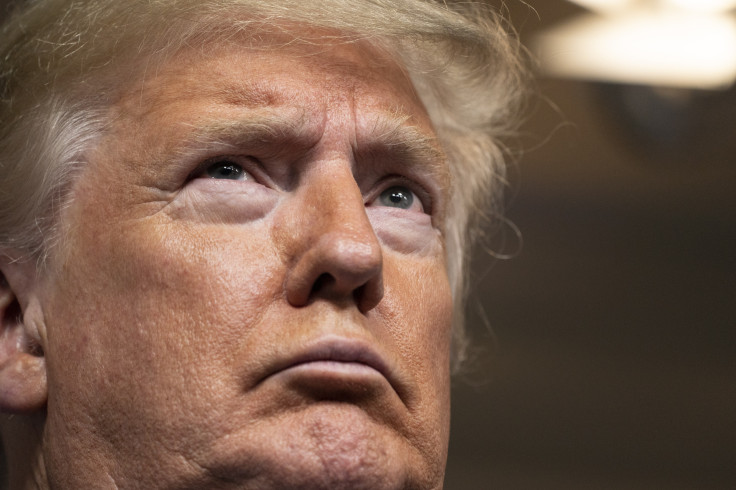
Another federal judge has blocked the Donald Trump administration's push to end birthright citizenship, marking the third time in less than a month for such an outcome.
Concretely, U.S. District Judge Joseph Laplante granted the injunction on Monday at the request of New Hampshire Indonesian Community Support, USA Today reported. "I'm not persuaded by the defendants' arguments in this case," the judge said when announcing his decision. A judge from Maryland and another one from Washington state also blocked the order over the past days.
Despite the setbacks, Trump has said he expects to take the cases all the way to the Supreme Court if needed, and that he believes the highest court in the country will side with him in that scenario.
Trump signed an executive order on the day he took office declaring that children born in the U.S. to undocumented immigrants after Feb. 19 would no longer be treated as citizens. The measure also sought to extend to babies born to mothers who are in the country legally but temporarily, such as tourists, university students or temporary workers, if the father is a non-citizen.
Multiple advocacy groups have sued the administration over the decision, many grouping pregnant women. "I'm 12 weeks pregnant – it's hard," said one pregnant plaintiff, a Venezuelan asylum seeker who requested anonymity due to fear of retribution, to NBC 4.
"I should be worried about the health of my child. I should be thinking about that primarily. Instead, my husband and I are stressed. We're anxious and we're depressed," she continued through a translator.
Plaintiffs have indicated that this order contradicts the plain text of the Fourteenth Amendment to the Constitution. "President Trump has no authority to amend either the Constitution or the federal law by the stroke of his pen on an executive order," said Rupa Bhattacharyya, the legal director of the Institute for Constitutional Advocacy and Protection.
A ban to birthright citizenship could be particularly complicated for asylum-seekers from countries like Venezuela, which severed diplomatic ties with the U.S. in 2019 after Trump recognized opposition leader Juan Guaidó as interim president. Without Venezuelan diplomatic offices in the U.S., parents may be unable to register their U.S.-born children as Venezuelan citizens, effectively rendering them stateless, as reported by NBC News.
Juan De la Vega, an immigration attorney based in Miami, told the outlet the issue could extend beyond Venezuelans. "We will most likely have a crisis of thousands of stateless children born in the U.S., not only from Venezuela but from any immigrant whose country does not have an embassy in the U.S.," he said.
© 2025 Latin Times. All rights reserved. Do not reproduce without permission.





